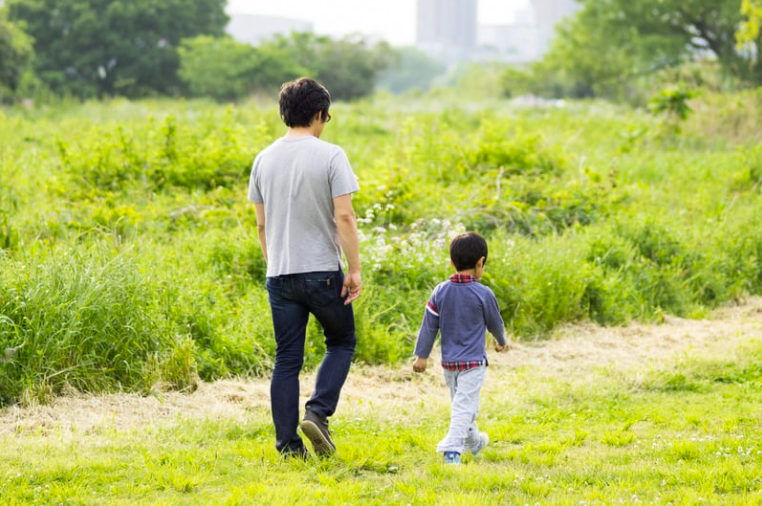Rejection Sensitive Dysphoria in Children with ADHD
- Ben Isaacson

- Sep 22, 2025
- 4 min read

A few months ago, I worked with a bright, funny nine year-old boy who was obsessed with football. It was the only thing he would talk about. He was quick to make friends but just as quick to feel devastated if someone didn’t pick him for a team or laughed at a mistake he made. One afternoon, his mum told me that after a small disagreement with a friend, he came home in tears and declared, “Nobody likes me, I don’t have any friends.” In that moment, his pain felt so real that it overshadowed all the good relationships he did have.
This intense reaction is something many children with ADHD experience, and it often comes down to ‘Rejection Sensitivity’.
What is Rejection Sensitivity?
Rejection Sensitivity (often called RSD - Rejection Sensitive Dysphoria) is a common but often misunderstood challenge for children (and adults) with ADHD. It’s more than just feeling upset when someone is unkind; it’s an overwhelming emotional response to the 'perception' of rejection, criticism, or failure. For children, this might look like:
Bursting into tears when a friend doesn’t wave back in the playground.
Believing a teacher “hates them” after being corrected.
Refusing to try again after a small mistake, because the fear of failure feels unbearable.

Why Does This Happen?
ADHD is more than attention and focus. It affects the way the brain processes emotions. Many children with ADHD feel emotions more intensely than neurotypical children, and have a harder time regulating these emotions. This means rejection, or even the perception of rejection can trigger these feelings. Neurologically, it’s linked to differences in how the ADHD brain manages self-regulation, impulse control, and emotional processing. Socially, children with ADHD may already feel ‘different’ from their peers, making them extra sensitive to signs of disapproval.
These reactions can seem dramatic or out of proportion from the outside, but inside, the child is experiencing deep emotional pain.
How Can Parents Support a Child with Rejection Sensitive Dysphoria?
Supporting a child with high rejection sensitivity isn’t about shielding them from all criticism or disappointment. Instead, it’s about helping them build resilience and learn strategies to manage their big feelings.
The first step in supporting a child with rejection sensitivity is ‘validation’. When your child feels rejected, it's essential to acknowledge their emotions rather than dismiss them. For instance, instead of saying, “Don’t be silly, of course you have friends” try saying, “I can see that really hurt you.” Acknowledging that their feelings are real and understandable creates a sense of safety. Parents can reflect back the child’s feelings, demonstrating empathy and understanding, which helps the child feel supported and heard before moving on to problem-solving.
Children with rejection sensitivity often think in extremes, believing that nobody likes them or that they always fail. Parents can help by gently guiding them to see alternative perspectives. You might ask, “Can you think of one friend who was kind to you today?” or remind them of times they succeeded, such as, “Remember when you helped Liam with his homework? That was really kind of you.” This approach helps your child recognise that their negative thoughts may not always reflect reality.

Teaching emotional regulation is also crucial. Strategies such as deep breathing, movement breaks, or creative outlets like journaling and drawing can help children manage intense emotions. For example, encouraging your child to take a few deep breaths and say, “I am okay, this feeling will pass” whenever they feel left out at school. Practising these skills during calm moments makes them more prepared for when strong emotions arise.
Building resilience by focussing on strengths is equally important. Children with ADHD are used to hearing more criticism than praise, which often heightens the impact of any rejection. Regularly reminding them of their positive qualities, such as creativity, kindness, humour, or bravery, can help them maintain a sense of self-worth. When a child says, “I always mess up” you might respond, “You may have made a mistake this time, but you are really good at thinking of creative ways to make things better.”
Modelling healthy ways to cope with rejection is another powerful tool. Children learn these by observing how adults manage setbacks, especially their parents. Sharing personal examples like, “You might not have liked the food I prepared for dinner, but that doesn’t mean I’m a bad cook” shows them that rejection is a part of life, that we all experience and doesn't define our sense of self-worth.

Closing Thoughts...
Rejection sensitivity is an emotional rollercoaster for both children and for parents. But with more understanding, patience, and consistent strategies, children can learn that rejection (real or perceived) doesn’t define who they really are. That same ten year-old boy I mentioned at the start... After just a few weeks, practising some simple reframing techniques, he was able to shrug off a tricky playground disagreement and say, “It’s okay, we’ll play tomorrow instead.” It was a small moment, but for him and his struggles of rejection, this was a huge step forward!




Comments